I woke up on a Monday morning with a splitting headache. I’m intimately familiar with this particular headache; I’ve had it before in my life – many times in the past. Was this a bad drinking dream or was it real?
Slowly, it all started coming back to me as I stumbled out of bed and into the bathroom. I looked at myself in the mirror, and for the first time, looking at my puffy blood-shot eyes, I didn’t completely hate myself for what happened. There was not the usual berating voice amplified in my ears saying, “You no-good, selfish, weak, P-O-S! How could you have done this AGAIN!?”
I learned something. And I do completely understand, inside and out, what happened and why I relapsed. So while this wasn’t my first rodeo, it was my first one with absolute clarity. And that was worth the price of admission. Clarity was the first gift.
Negative reinforcement doesn’t help you stop drinking.
Back when I used to relapse regularly (I use that term loosely and will be publishing a blog next week that explains what I mean by relapse), the day after was almost as bad as the actual event. (Unless it was one of the DUI experiences, when the nightmare continued for much longer than the drunk, and a hangover was the least of my worries.)
In the past, after a drunk, I didn’t just beat myself up; I abused myself relentlessly, berated myself for hours, and punished myself for days. I’ve written about the punitive measures I took out upon myself here, trying to negatively motivate myself to quit drinking. It was not helpful in the least. So, if you’re into that for yourself, stop. It doesn’t work, trust me.
This relapse
was different. It was so clear to me what was happening in my brain and my
body, it was nearly surreal. Let me set it up for you.
I had had a heated argument with my significant other, and when I’m upset about something in a relationship, I need to fix it immediately. I’ve always had a lot of insecurities around relationships.
Insecurity around relationships? You’re like me.
My relationships are extremely important to me – a hallmark characteristic of people like me. So, if you feel the same way about your relationships – like they’re the most important thing next to alcohol, of course, then relax, you’re in good company.
Normally, my significant other is quite cooperative and we talk things out, but this time was different. He was really angry, and he didn’t want to talk to me. He needed to process things. I kept after him, trying to force some sort of communication, but he shut me down.
The silence — that lack of engagement, shutting me out, made me crazy! I was outraged!
Anger is a big one for me. I’ve had a lot of it over the years. It drives me, and it can be either destructive or motivating.
When it’s destructive, anger hijacks me emotionally, and I often drink because I think I cannot tolerate or contain it.
So on this
day, when he wouldn’t engage with me, that snubbing, coupled with my growing
anger, frustration, and unsettling energy, made me nuts. He left to get some
distance. I tried to call him, and he hung up on me.
Again,
outrage and the lack of the ability to control him and the situation, left me
feeling desperately disturbed and edgy. Like always, his alcohol cabinet was
right there — three feet away.
Not the “out of the blue” relapse.
Usually people say, “And out of the blue, I was drinking. I don’t know why.”
But I knew why, this time. It was very clear, and I was absolutely sure why I was drinking. I wanted to feel better. I wanted to feel calmer inside. I needed to relieve an insecurity I was feeling about him and this relationship, and I needed it now. It felt like a compulsion. Right here and right now.
Yet, I was aware of the compulsion (generally we are not). Awareness was another gift, and it’s what happens when both parts of you – the drinking you and the non-drinking you – have good communication. One knows what the other one wants, what she’s doing, and why.
At first it was just a tiny thought in my mind, around a lot of emotional charge in my body. Physically, I had this fretful feeling of needing to move or do something, it’s hard to explain, but there was definitely a physical component to it.
I was pacing, and thinking frantically, and the feeling was growing. It felt like the personification of these growing words: move, MOVE, M-O-V-E, M-O-V-E! Does that make sense?
Dopamine is behind restlessness and irritability.
I’ve known
this feeling before. It’s very familiar. And the bad thing? It demands action.
This urge demands to be addressed in some way, it will not be ignored.
I did give the urge lip service with, “I can’t do that. I haven’t drank in so long, alcohol isn’t what I need. It won’t change anything. That’s not the answer, and I know it.” But even as I said it to myself, I knew I had already made the decision.
Those words are intellectual understanding, but the urge to drink is a physical and emotional experience.
Do you know when you make the decision to drink?
I do. It’s clear. And once the decision is made, it’s a done deal. No one could say anything to make me change my mind. This is between me, myself, and I, and once I’ve made the decision, it’s all over but the pouring.
That’s why calling my sponsor never did a thing for me. She can’t get into my head, only I can do that. And I’ll tell her whatever she wants to hear, to get off the phone, but I’ll stay on this drinking train and will not be derailed. Period. That’s how this works for me.
The funny thing is that I felt the internal sigh of relief immediately. Before I’d even decided which spirit to go with; before I poured it; before I smelled it; and before it touched my lips, I felt a twinge of relief. Relief comes from within. And that I understood now as well. Another gift.
It hasn’t been until recently that I’ve been able to pinpoint when I feel relief from drinking. Interestingly, it doesn’t come with ingesting the alcohol.
Often, I feel a little bit of euphoria before I actually secure “the goods”. On the way to the liquor store, or while waiting at the bar for the drink to be prepared, the sense of relief morphs into excitement almost. Excited anticipation, with a hint of certainty that very soon everything inside me was going to change for the better; even if it was temporary.
(I wrote about why that is here)
Alcoholism lives in the older brain — in the NOW.
At that point, if you’re like me, you don’t care. The urge isn’t into the future because it’s all about the now.
So, on this day of relapse – my last relapse – I felt it all. I watched it play out externally, and I felt it play out internally.
From the first sip, and the familiar warmth in my belly; to several more sips with the warmth spreading, it’s all so familiar and disappointing. That was the extent of my comfort –not enjoyment. Don’t confuse comfort with enjoyment. If you’re like me, you drink to comfort yourself, not for enjoyment.
Another half
a drink, and I had gone beyond the initial gratification and was already passing
into a mediocre phase. My few moments were gone. It would be all downhill from
here.
The two drinking voices in our heads.
This time, for the first time I can ever remember, I was acutely aware of my logical, rational, sober side drifting away slowly and becoming quiet. That’s the side of me who doesn’t want to drink. That’s the side of me who will wake me up tomorrow and demand, “What were you thinking? Why did you do that?”
And she would say I deserve the headache and nausea because I was a weak, worthless, no good piece of shit. But she would be wrong — for the first time in my life as well, I wouldn’t buy that line about myself.
For the first time, I would know what I am, and I would feel compassion for and defend myself. But for now, she was quiet because that rational part of the brain dissolves in alcohol. I know that now too. Another gift — they just keep coming!
The first drink is the only one that matters.
The point of
no return is the exact moment when you make the decision to drink.
That’s when you know what’s coming, at some point in the future, and no one or nothing can stop the inevitable progression. The only question now is how drunk are we going to get? And how bad is it going to be when we sober up? And how are we going to handle it? But right now, that doesn’t matter, because that’s then and this is now.
The then and now awareness is yet another gift. Being keenly aware of those two sides of me – the drinking and non-drinking parts – is invaluable. One wants it now, will not be denied, and does not care or know about the future. It doesn’t remember the last really bad drunk, and it’s incapable of considering future consequences, and she’s the one in charge right now — for the last time.
I had three or four drinks at home, then I walked to a local restaurant/bar and had a couple more, then I came back home and went to bed.
Okay, to be honest, I passed out — but for the last time!
The next
morning, I woke up with a headache, and a lot of gifts to open and unpack with
you here.
Relapse used to mean confession, guilt, shame, remorse, self-hatred, disappointment, and starting all over. For 20+ years, that was my MO. But now, relapse – often normal and par for the course of long-term sobriety, is so much more valuable than I ever imagined it could be.
Understanding myself and why I drink isn’t just the goal; it is the only way for me to have long-term, secure sobriety. I am convinced of this, and believe me, I’ve done it the other way many times.
Intimate familiarity with the reasons you drink is the key
When you know your need to drink inside and out; you know your recovery in the same way, and you own them both. You choose which will control your behavior, and you do have a choice, trust me.
I was just able to describe exactly what and why it all happened. I used to have no clue at all and would relapse over and over again with little clarity or understanding, but plenty of self-loathing. I was on that same mysterious ride for a long time, so I’ve sort of paid my dues, ya know?
If you’re tired of paying your dues, and are ready for getting down to the true reasons you drink, and getting this stinking shit out of your life for good, stick with me; I’m about to help you because I can.
This Monday was the happiest I’ve ever been after being drunk the night before! And I can remember wanting to hurry up and sober up, so I could write it all down and show myself what I’d learned, and why it would be my last relapse.
Never to relapse again! Do you know how good that feels? Never to hate myself for this again! Do you know how much good I feel like can do for you because I’ve learned from all my horrible experiences? They seem to now have some value, after all.
Like I know now why I’ve had the experiences I’ve had, and how I can help others, like you.
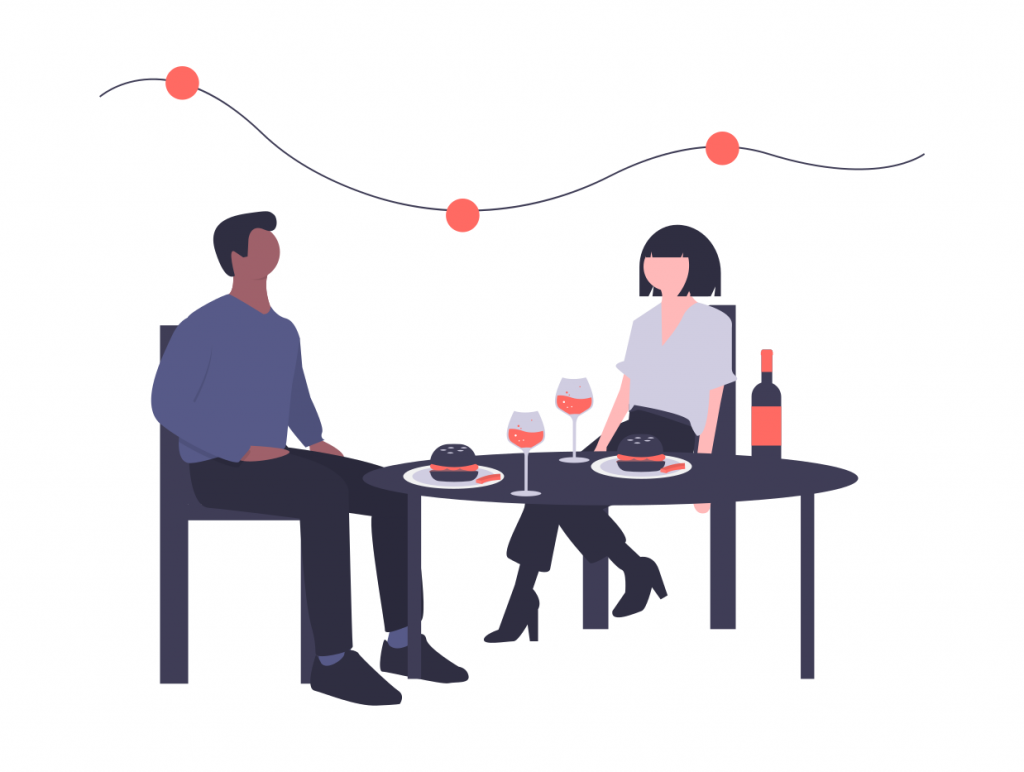
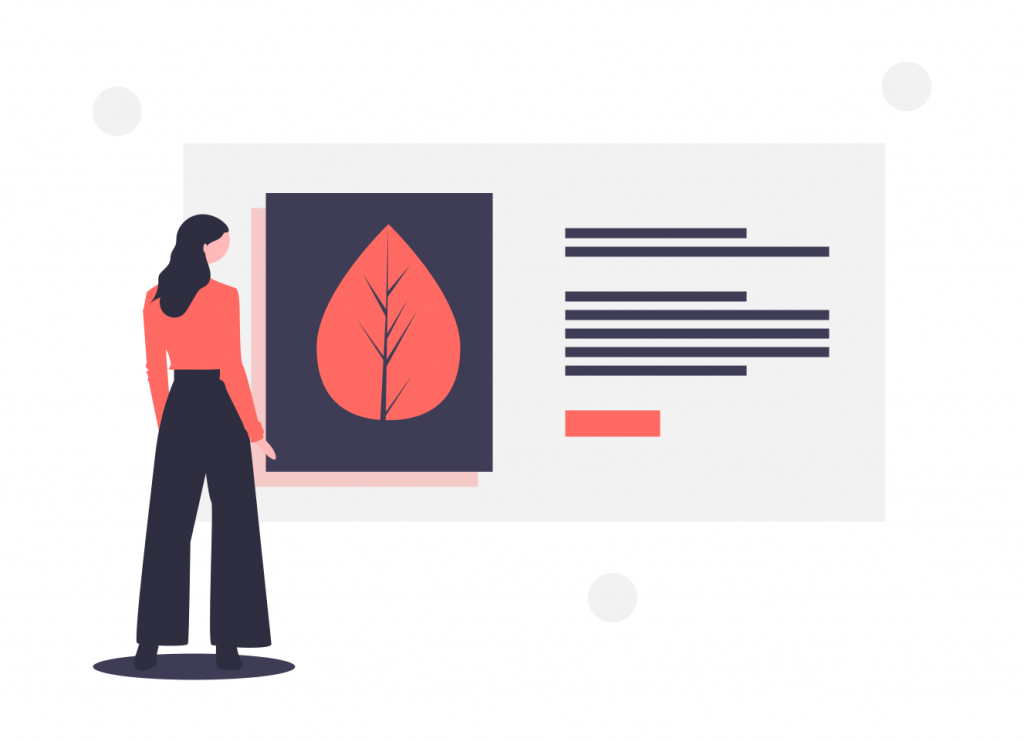
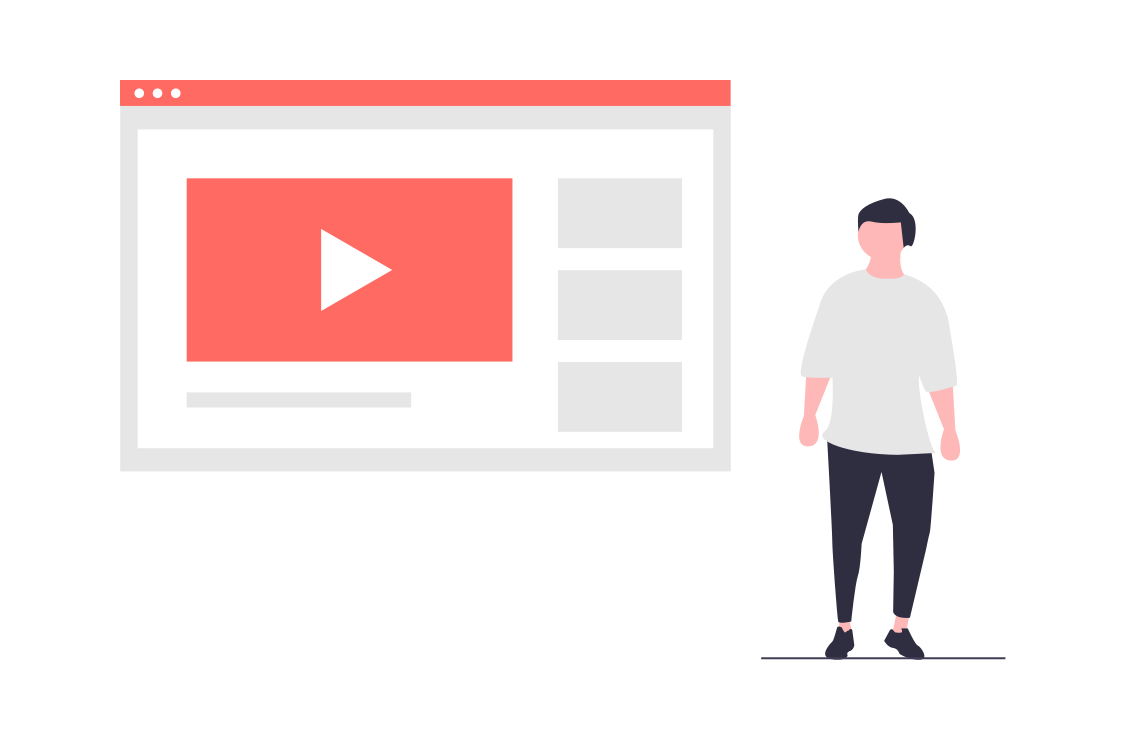

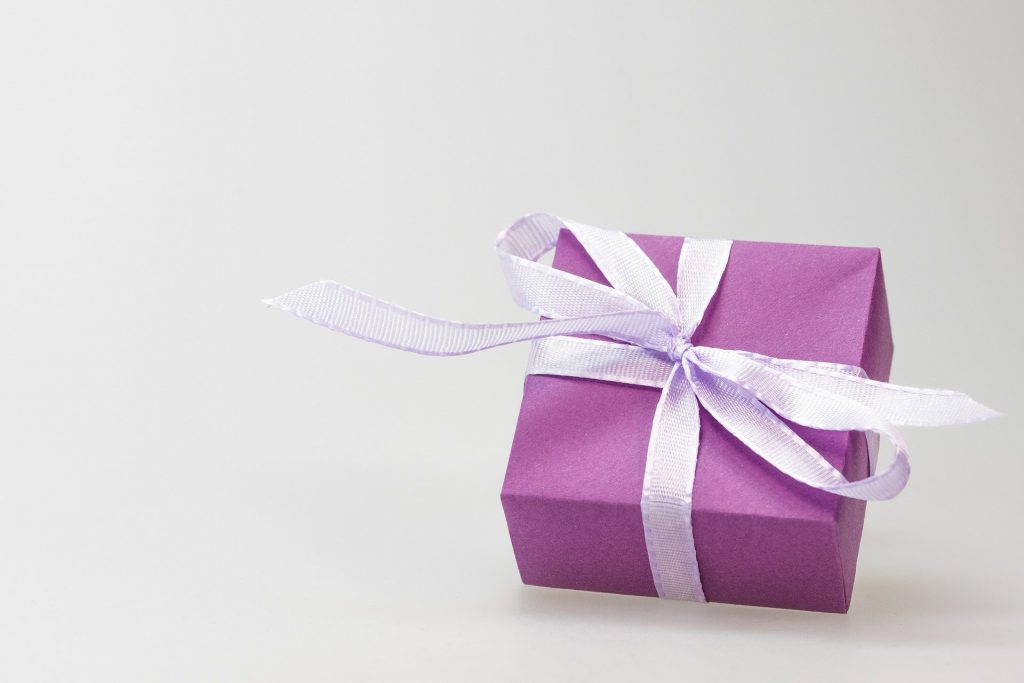
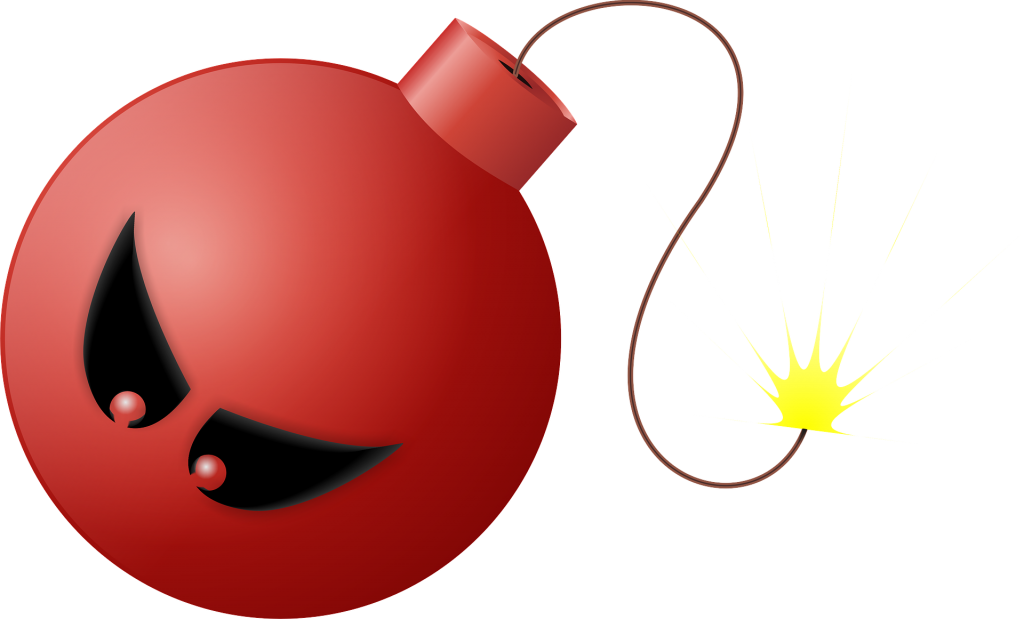
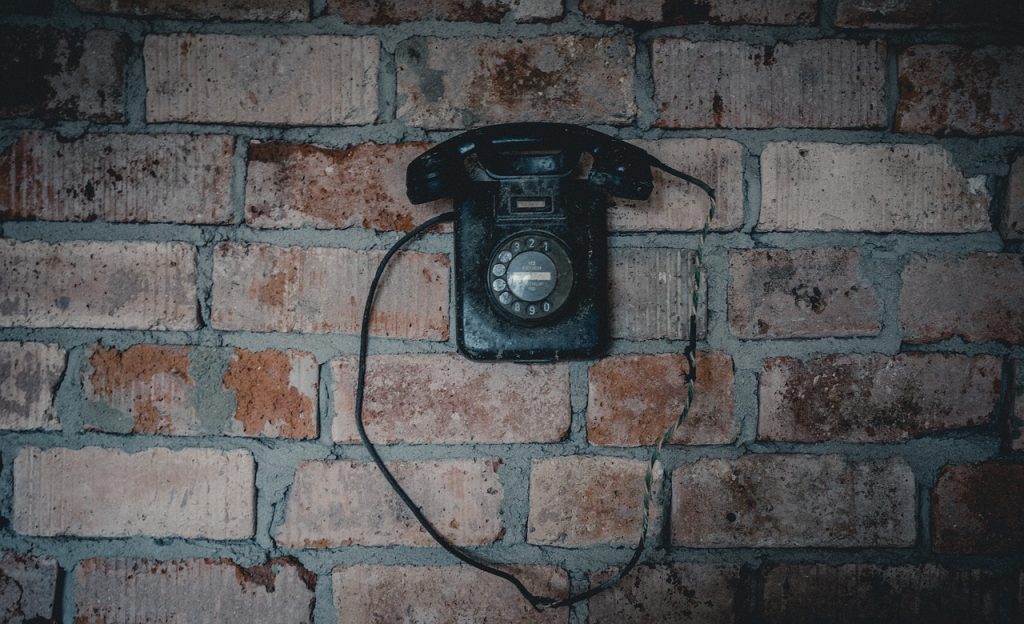
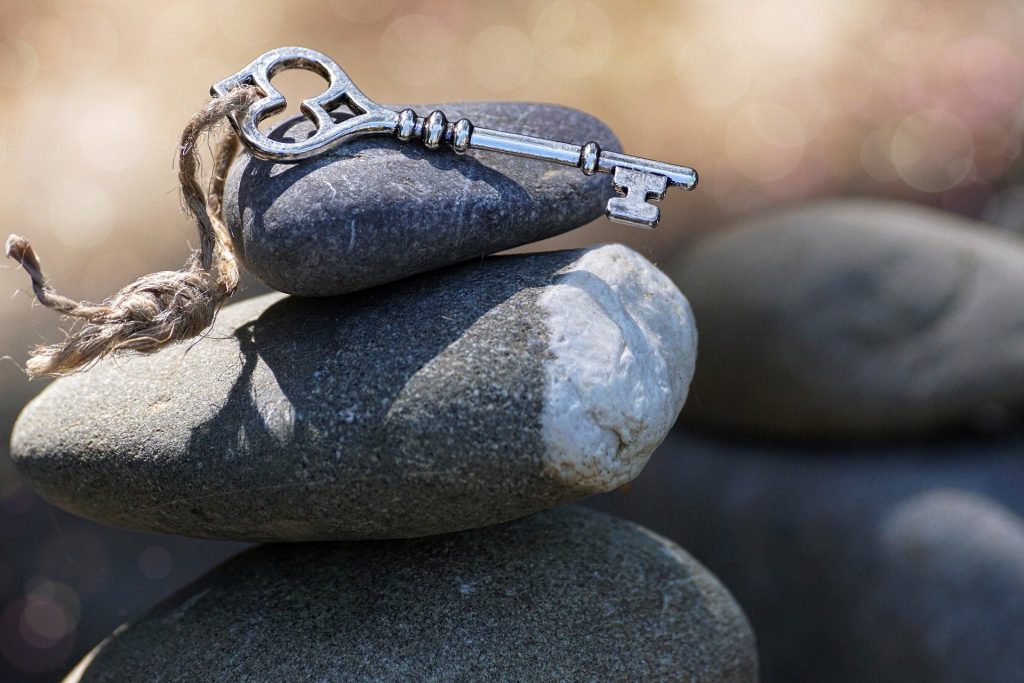
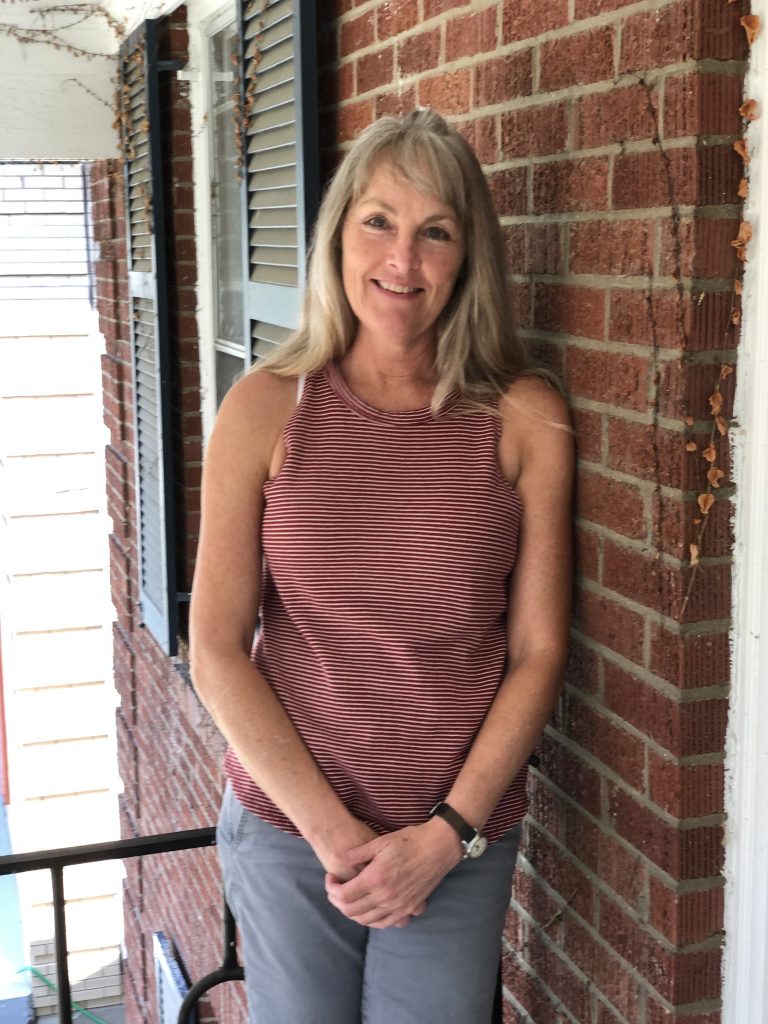


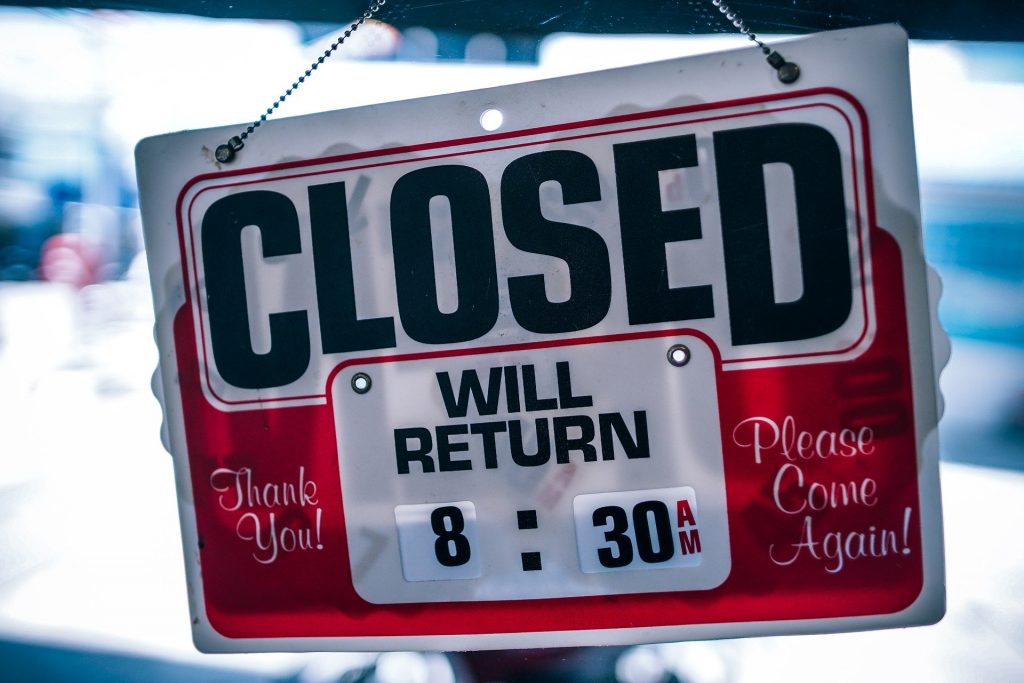
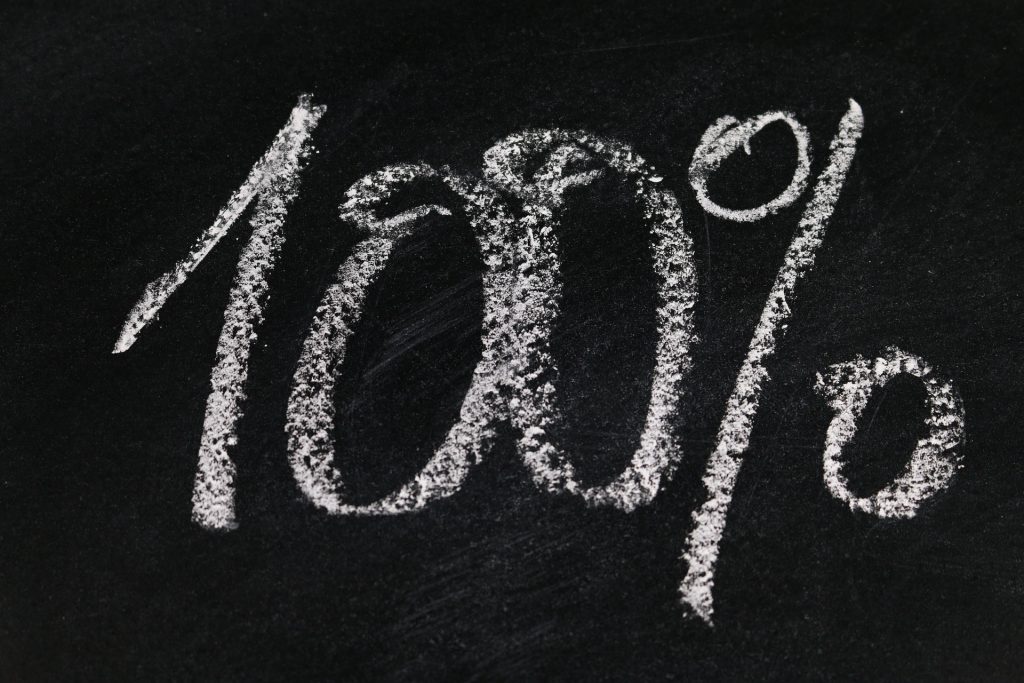
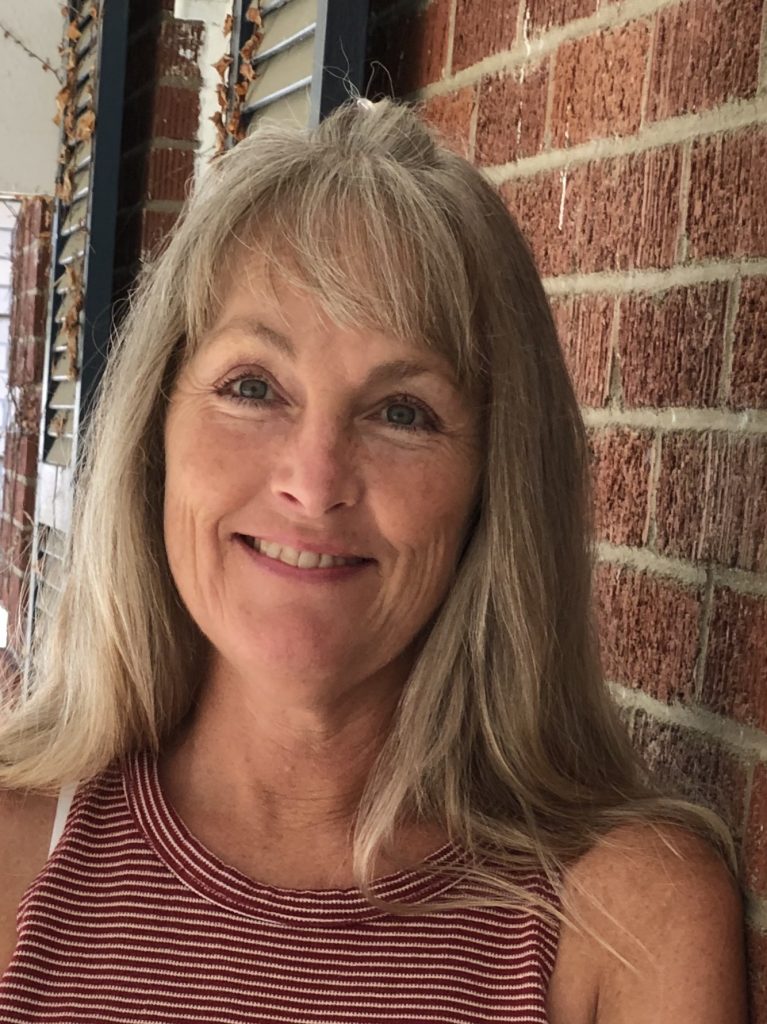
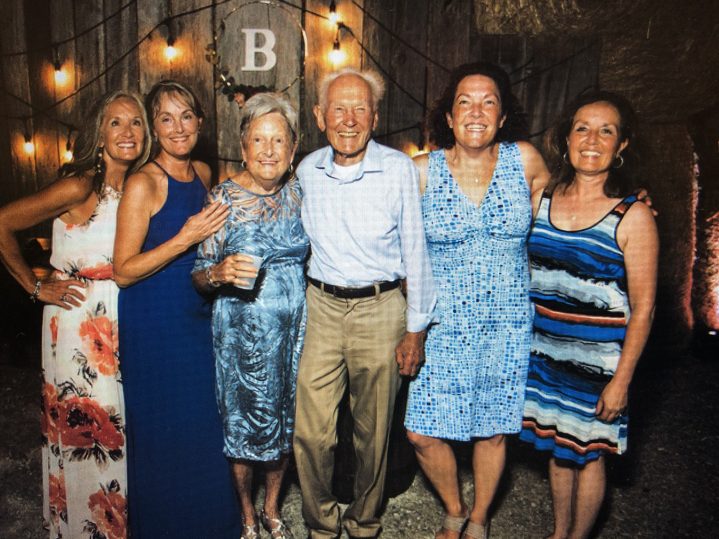

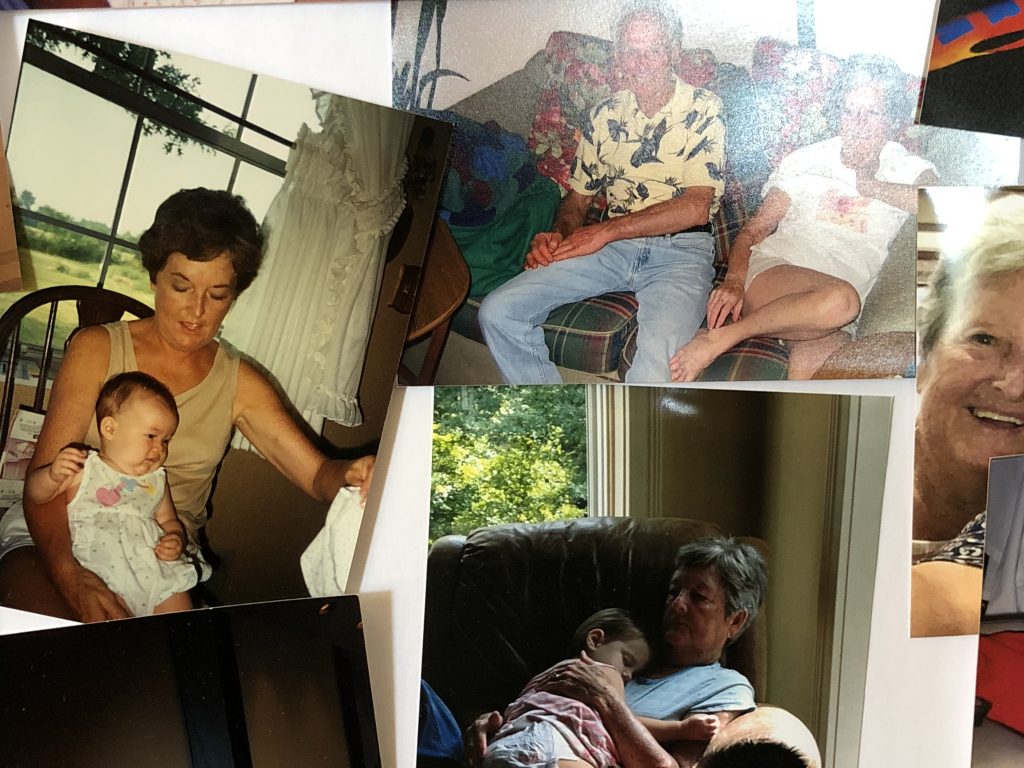
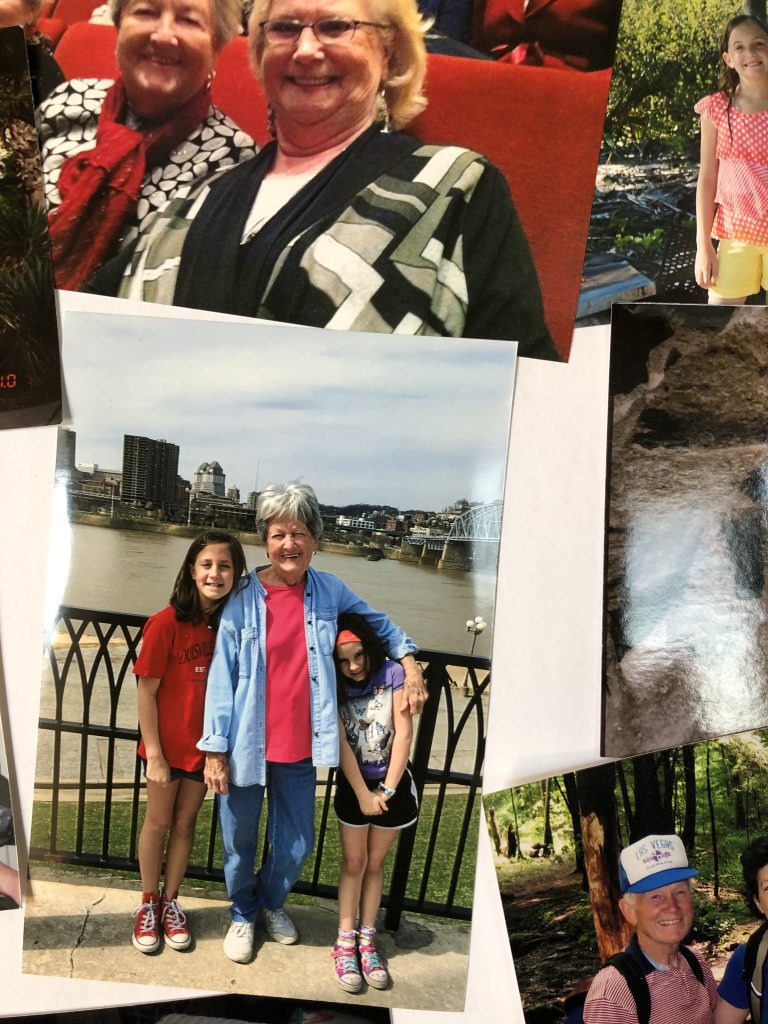
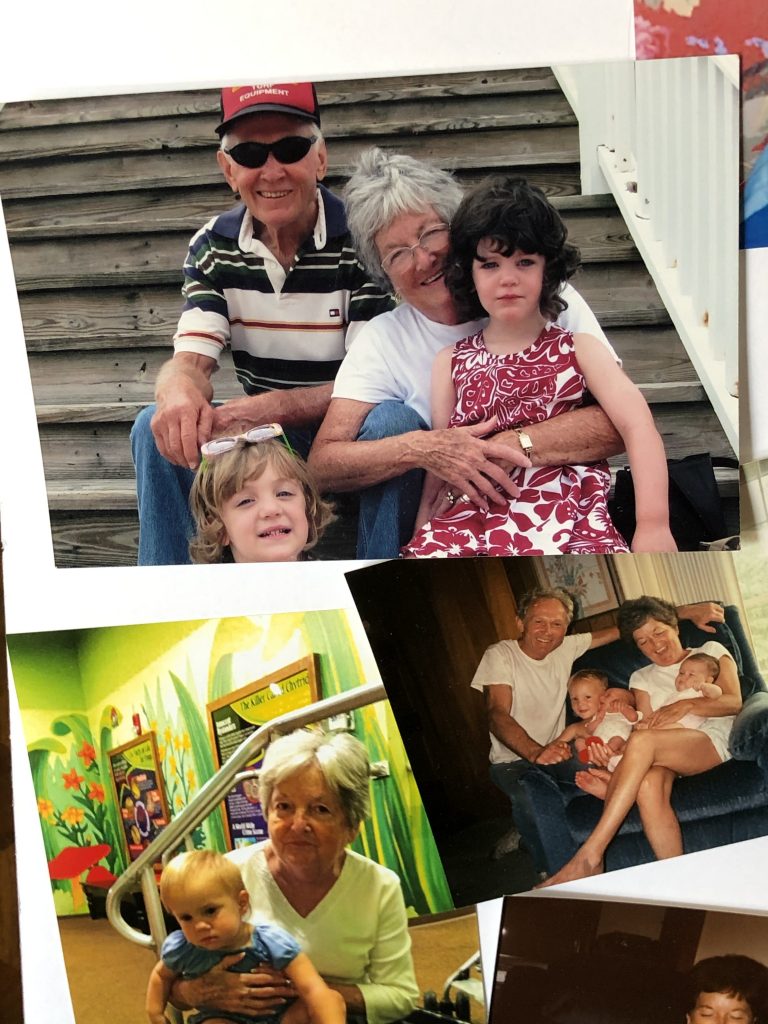
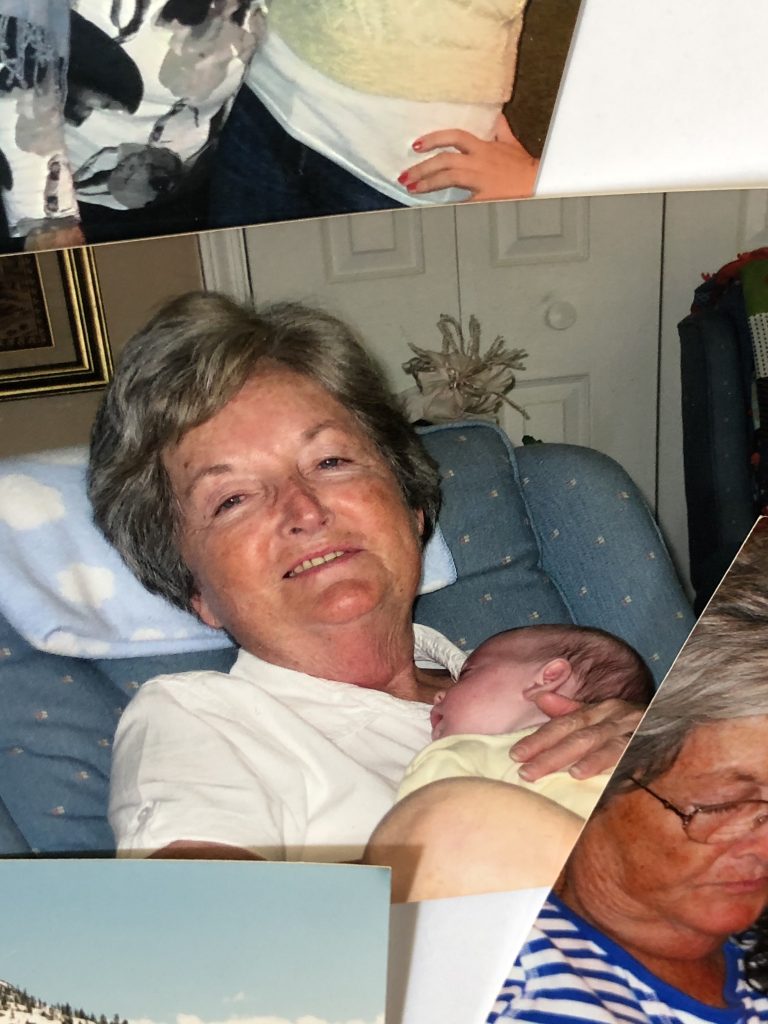
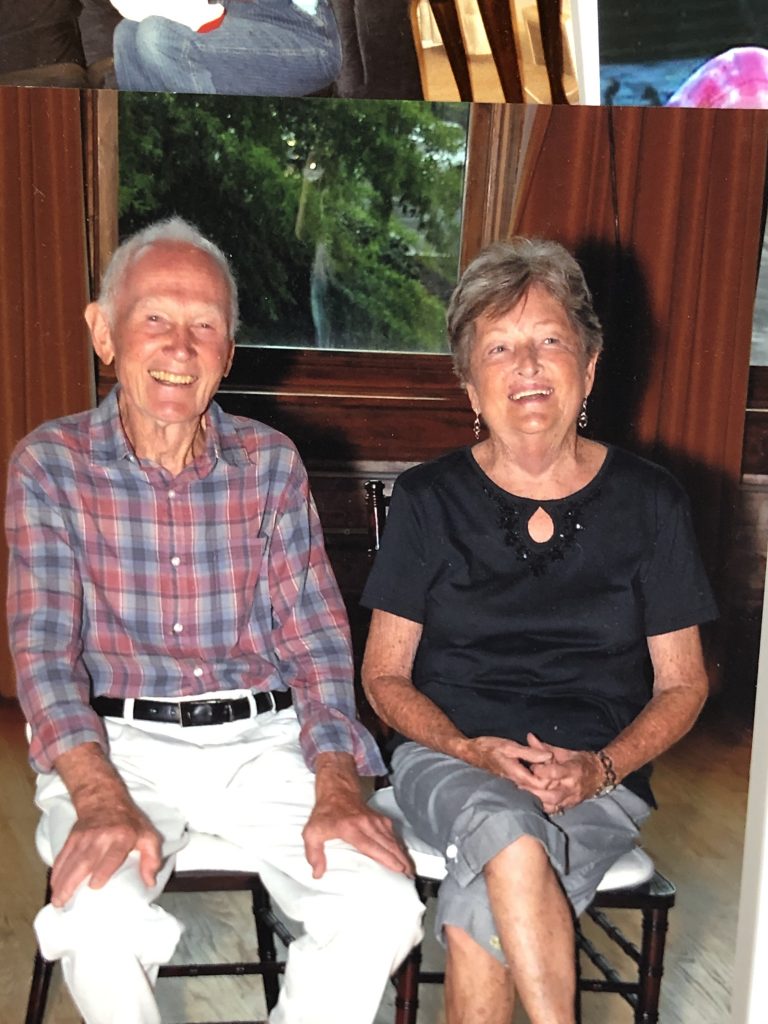
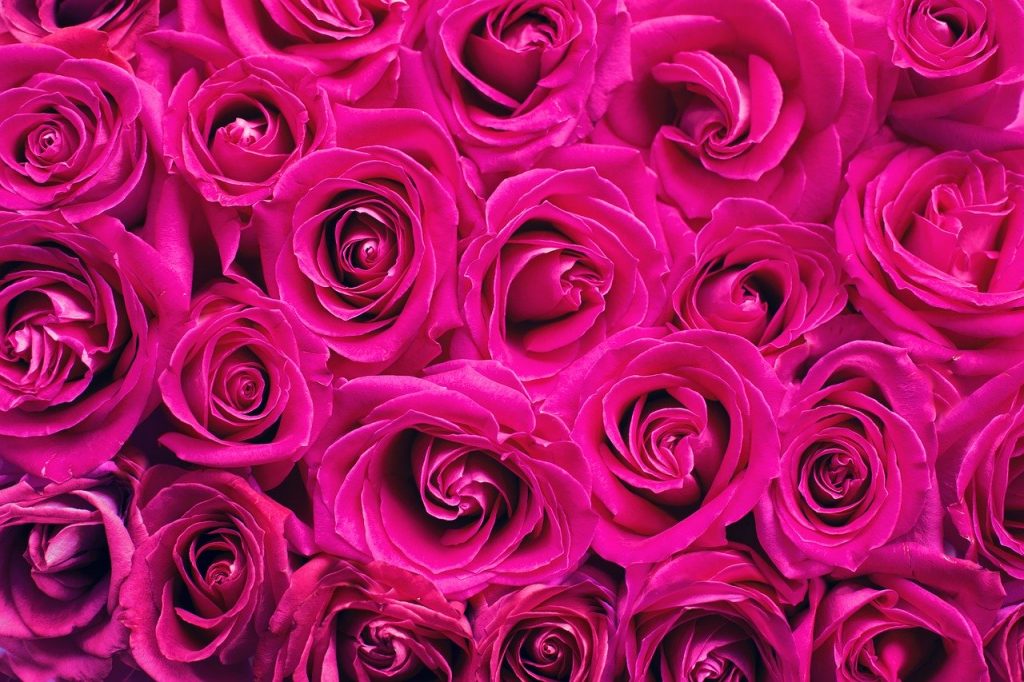

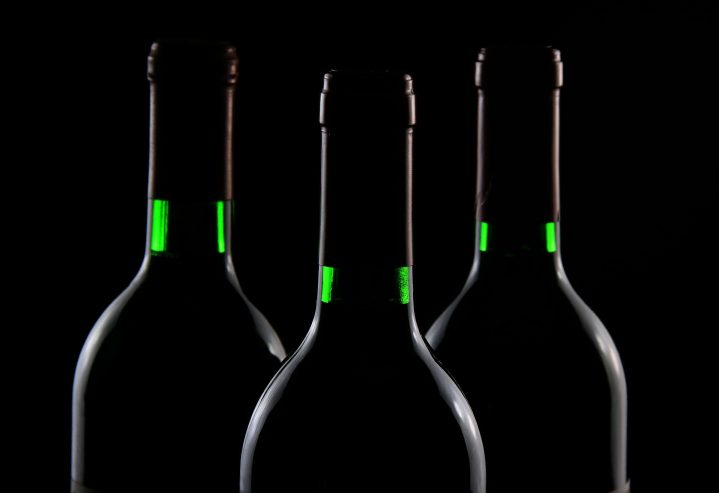
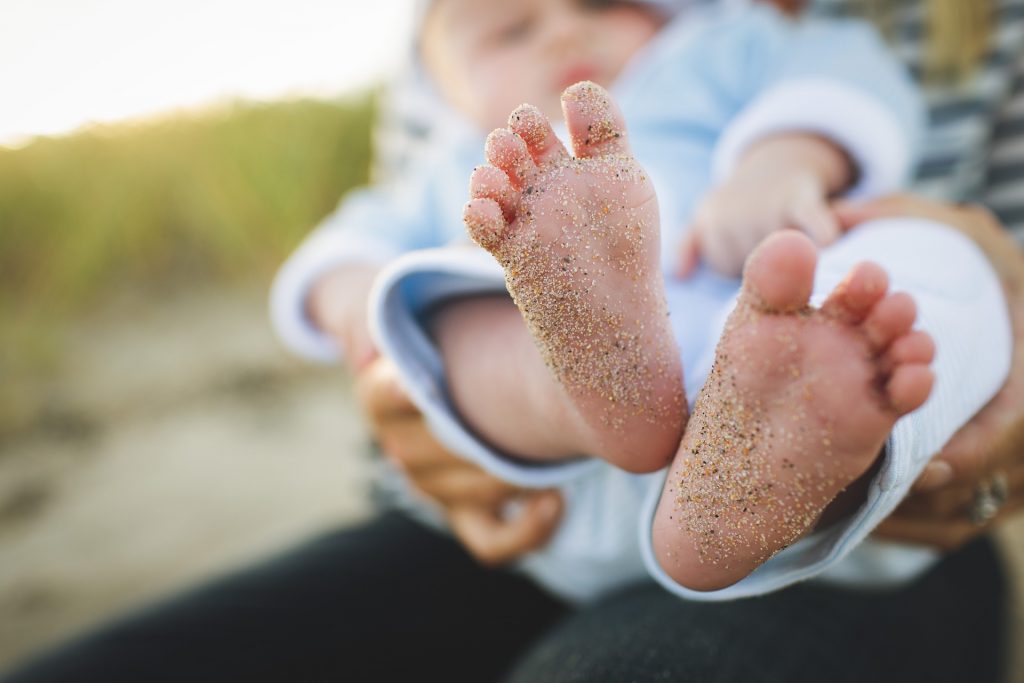
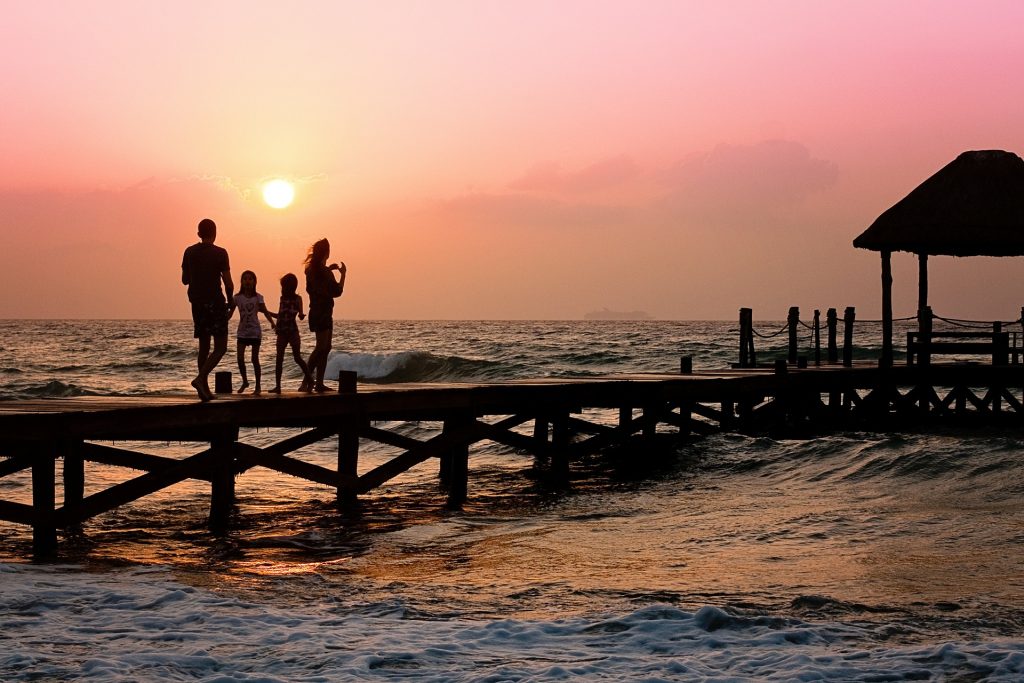

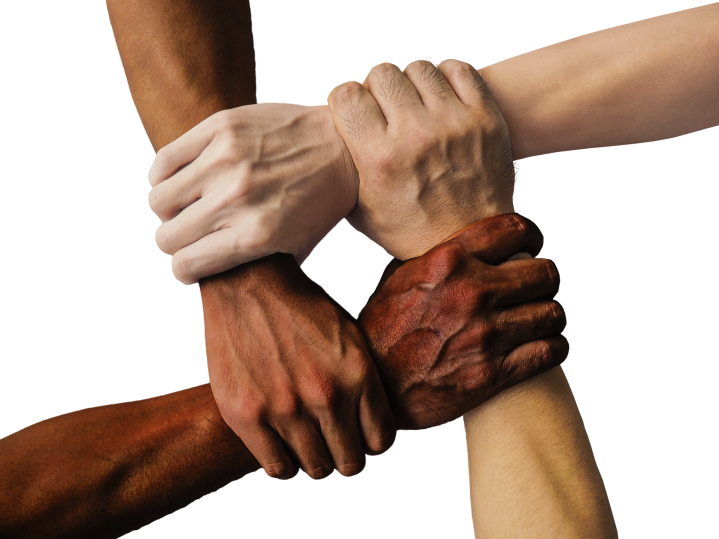
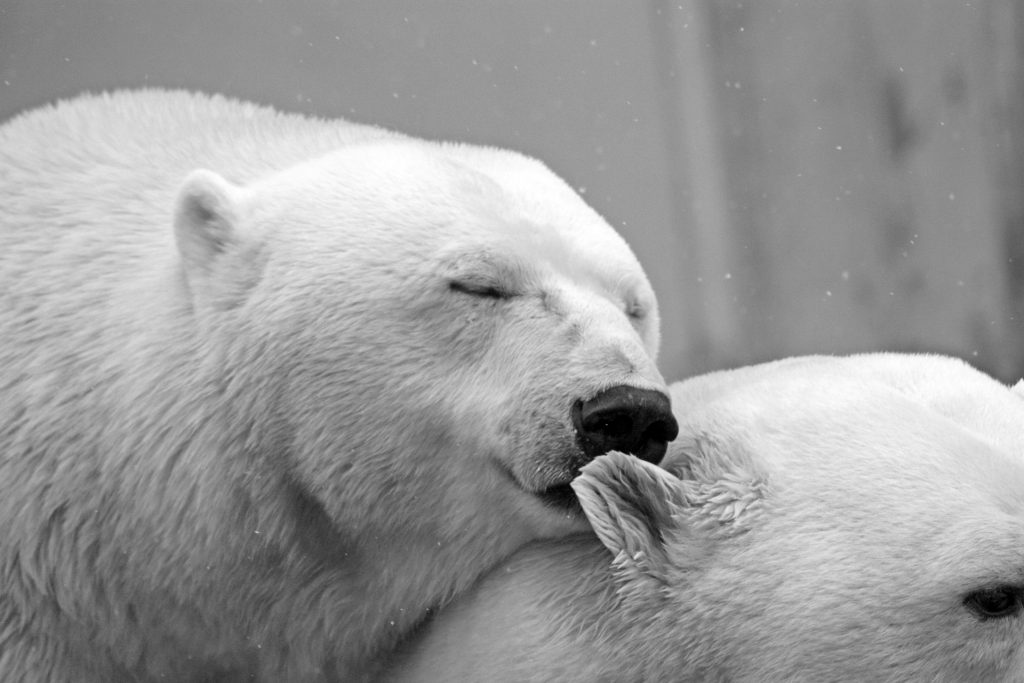


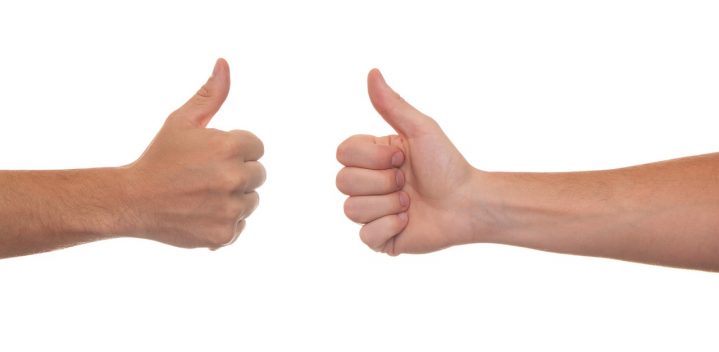
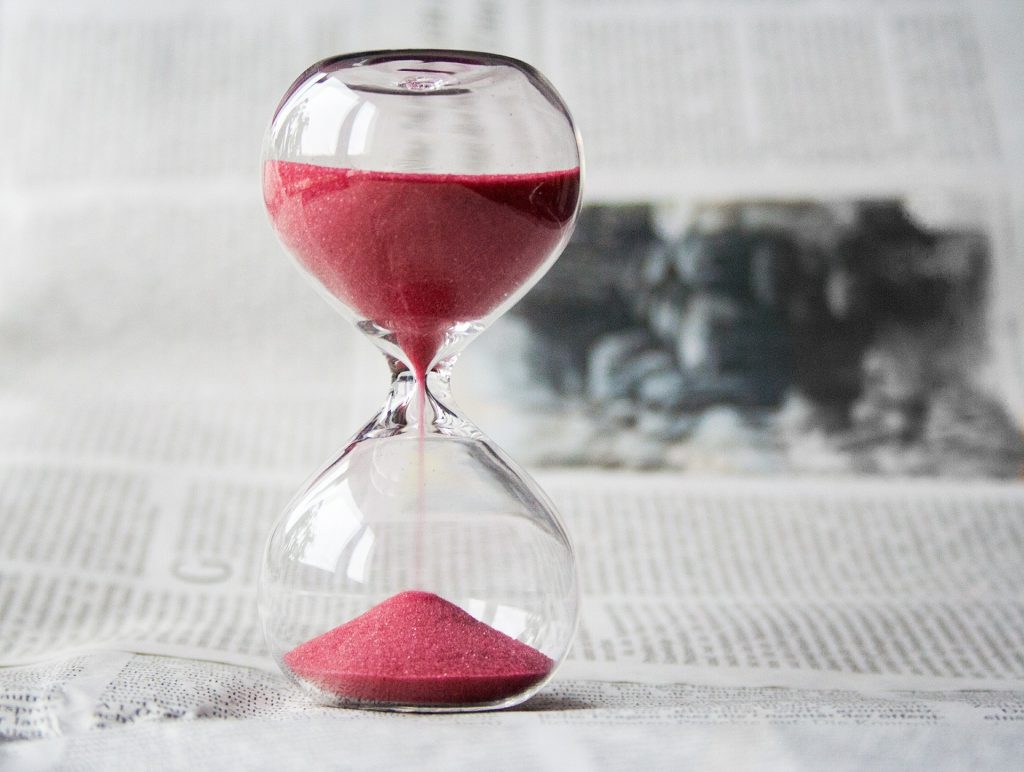
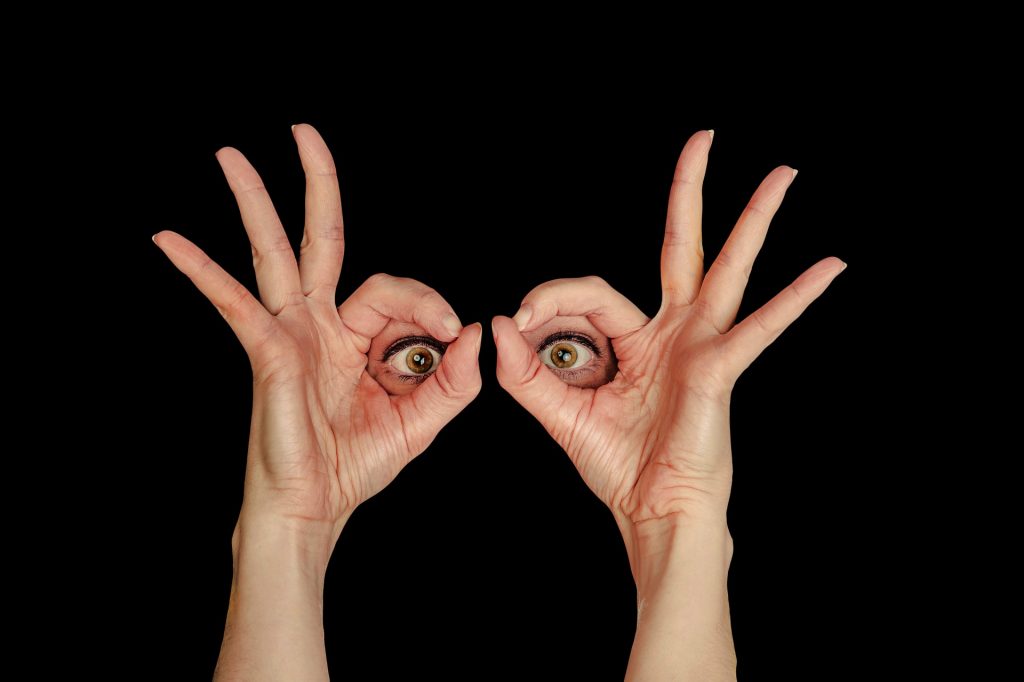

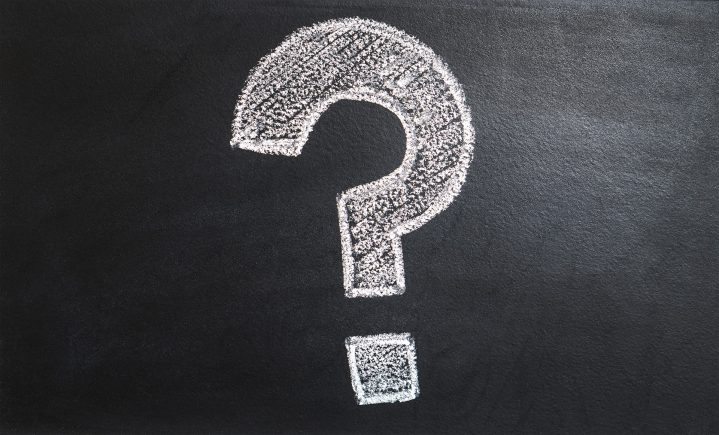
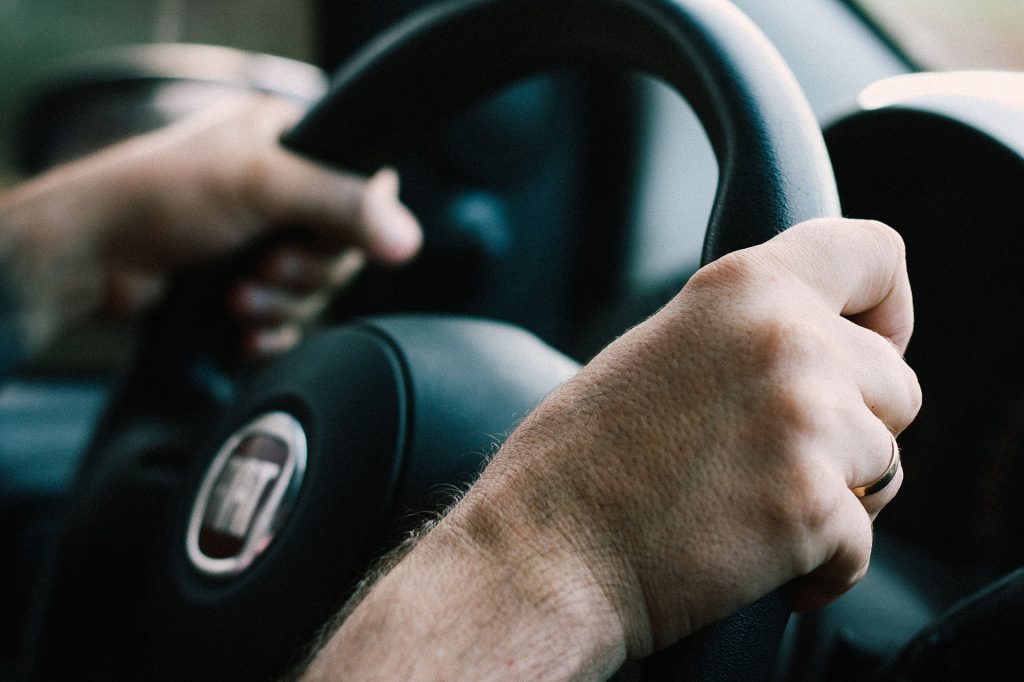
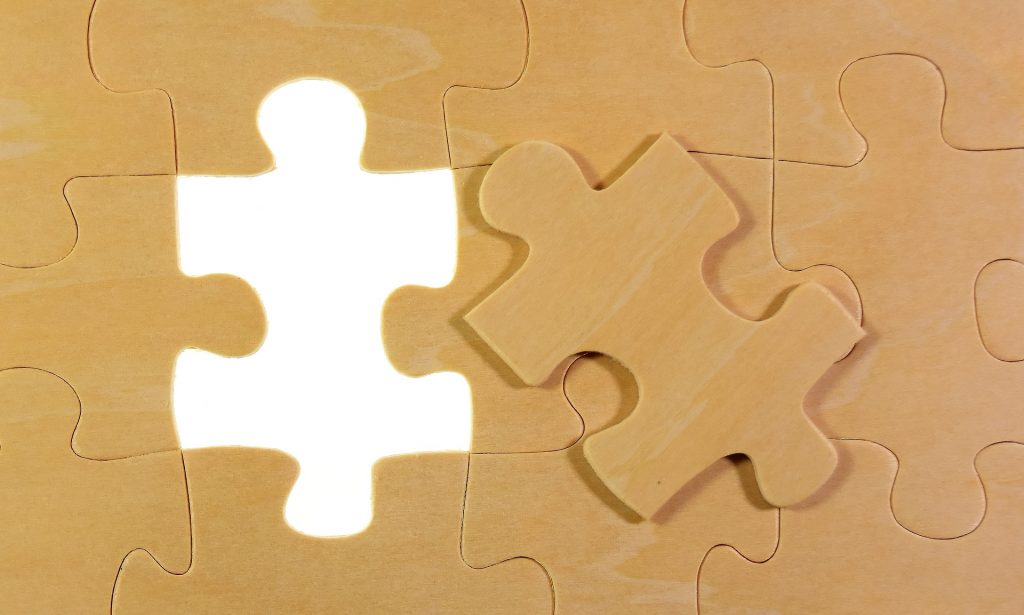
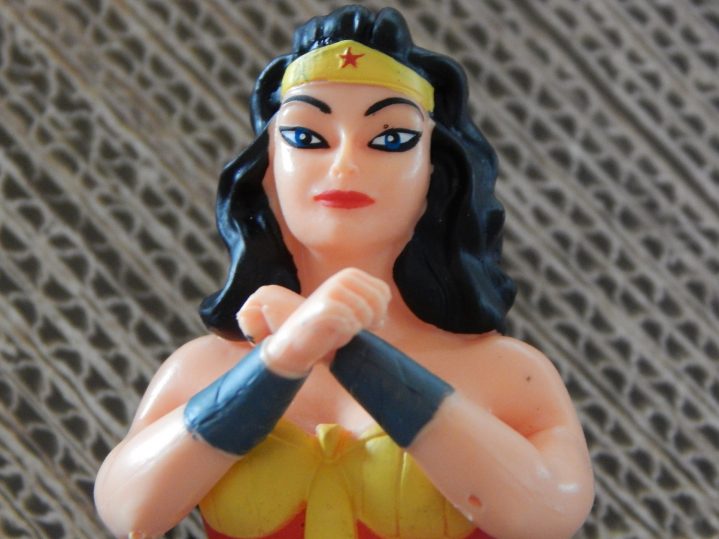

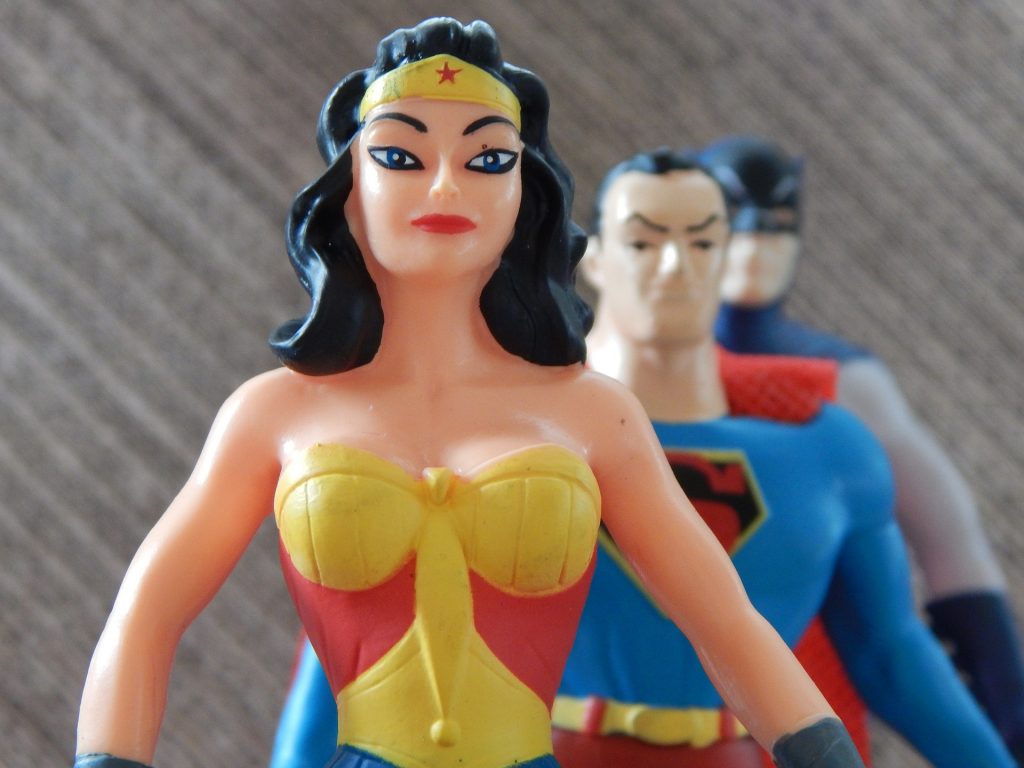
Recent Comments